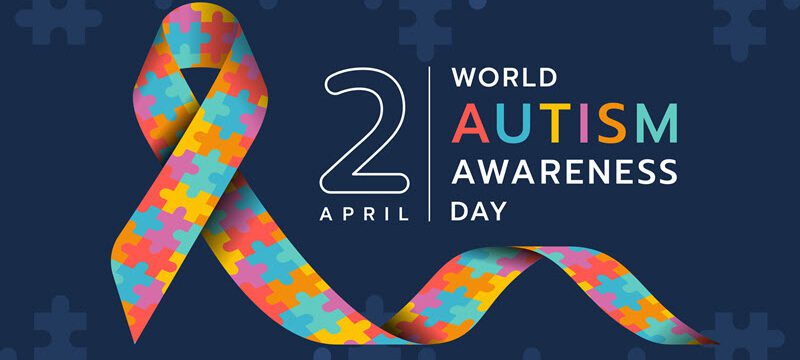Key focus:
- Autism is a spectrum, not a stereotype, yet myths persist.
- Sensory experiences vary—overwhelming or barely noticeable—so support matters.
- Social cues differ; clarity and patience make connection easier.
- The real challenge isn’t autism but society’s need to adapt.
They say the world is a tapestry of minds, each thread woven uniquely, and within this grand design lies the spectrum of autism—vivid, intricate, and often misunderstood. Many still believe autism is a singular mold, a rigid box of sameness. The truth? It’s a spectrum as diverse as human personality itself. No, vaccines don’t cause autism, and no, an autistic person is not just “socially awkward.” Some are chatty, others reserved; some thrive on structure, while others embrace spontaneity.
Then there’s the sensory world—where the hum of a fluorescent light feels like a rock concert, or a gentle touch can feel like a thunderclap. For autistic individuals, sensory stimuli can be overwhelming or, conversely, barely register. The solution isn’t avoidance but adaptation—soft lighting, noise-canceling headphones, and the freedom to stim without judgment.
Now, step into the social realm. Conversations can be a maze, full of unwritten rules and cryptic subtexts. Eye contact isn’t the universal currency of attention, and sarcasm isn’t always a fun game. Clear, direct communication and an open mind can turn social obstacles into bridges.
As autistic individuals enter adulthood, the script doesn’t suddenly become easier to read. Employment can be a battlefield of unspoken norms, but with supportive workplaces, structured routines, and mental health awareness, independence is not just possible—it’s powerful.
And let’s not forget the overlooked heroines—women and girls on the spectrum, often camouflaging their traits, mistaken for shy, anxious, or “just quirky.” Their autism is just as real, just as valid, and recognizing it means offering support tailored to their needs.
Autism isn’t a problem to be solved; it’s a perspective to be understood. The world doesn’t need less autism—it needs more acceptance, more awareness, and a lot more celebration of the brilliance it brings.
